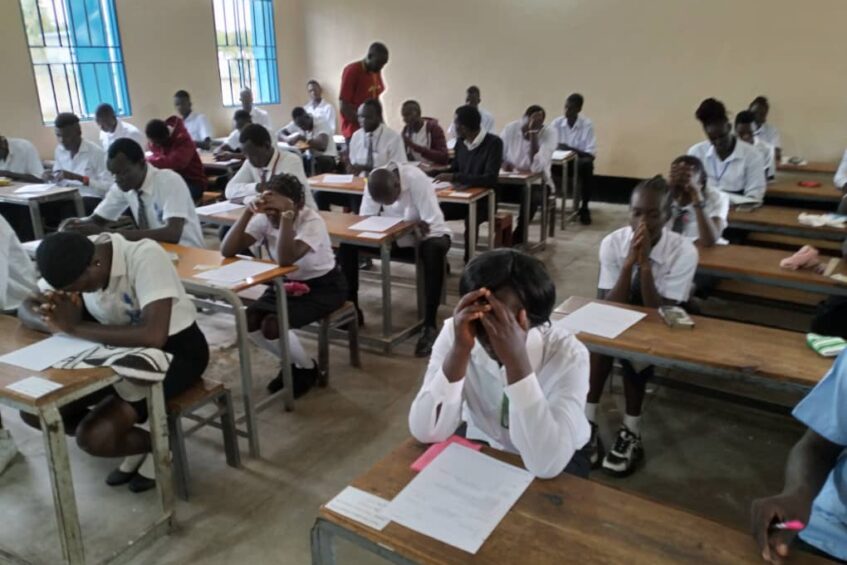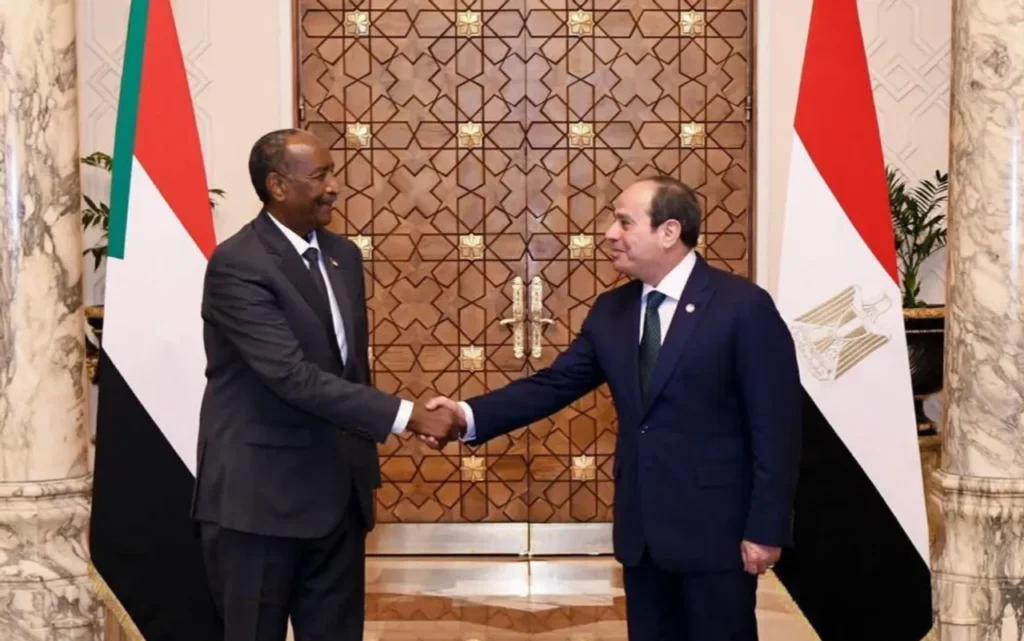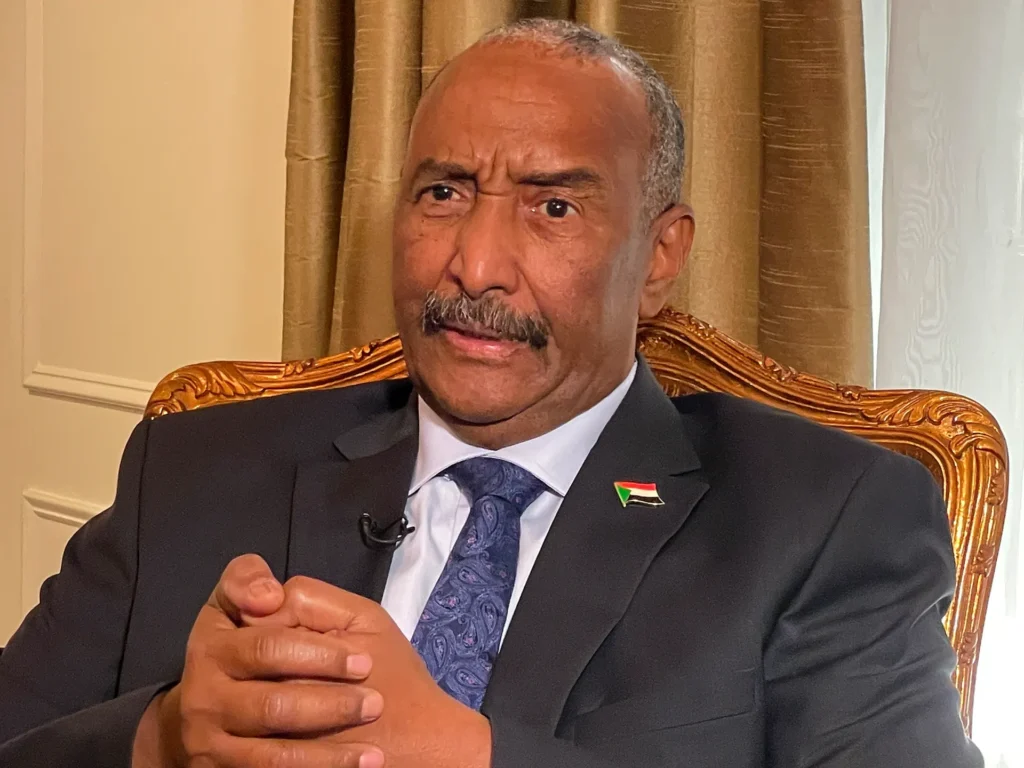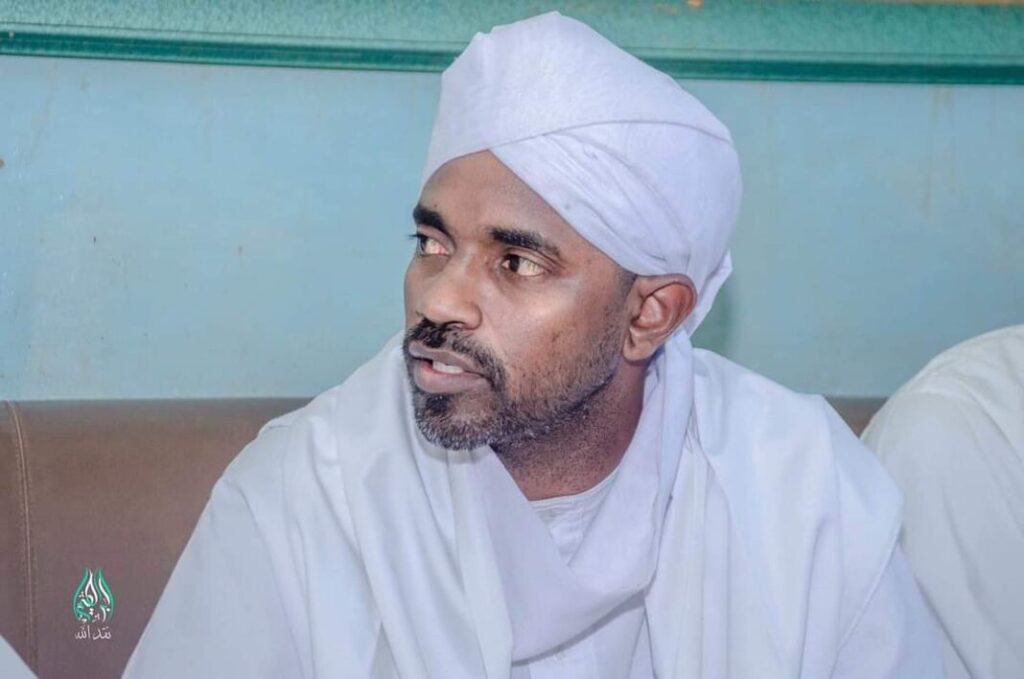
The controversy surrounding Sudan’s upcoming secondary school exams has intensified after army-controlled government in Port Sudan insisted on holding them exclusively in areas controlled by General al-Burhan’s army (SAF).
The Ministry of Education announced that the exams would only be conducted in regions under the SAF’s jurisdiction, which excludes large parts of Darfur, parts of Kordofan, Khartoum, and the Gezira region.
The decision has left students in these areas unable to participate in the exams, creating widespread anger.
The move has sparked strong opposition from various sectors, with many seeing it as a politically driven decision that risks further dividing Sudan.
A Call for Action
In response to the decision, the Sudanese Teachers’ Committee issued what it called a “final call” to the authorities, urging them to reconsider the current situation, which has led to a clear divide among Sudanese citizens, with some supporting and others rejecting the policy.
According to a statement, the committee emphasized that education should proceed under conditions that guarantee fairness and inclusivity.
The committee had previously called for a ceasefire during the exam period and for a commitment to principles of justice and inclusivity, stressing that education should be a means of peace and coexistence, not division.
They also warned that over 60% of students in affected regions would be denied the opportunity to sit for the exams if they proceed as planned. The affected areas include all five states in Darfur, three in Kordofan, parts of Khartoum (excluding the Karari locality), and areas of the Gezira state (excluding the areas of Al-Qurashi and Al-Manaqil). Additionally, parts of the Nile River, Sennar, White Nile, and Blue Nile states will be excluded.
Limited SAF-Controlled Areas
Only four states in Sudan are fully under the control of the SAF—Northern, Red Sea, Kassala, and Gadaref—where exams could be held across all of their districts.
The Teachers’ Committee has called for an immediate ceasefire during the exam period, safe passage for students and teachers to exam centers, and the secure delivery of exam papers to and from correction centers. They also urged for the establishment of exam centers in regions that could be mutually agreed upon.
Moreover, the committee appealed to UN organizations involved in education to intervene and help address the issue, stressing the need to protect students’ rights to education.
Human Rights Concerns
The “Emergency Lawyers” group has also condemned the decision, calling for urgent action to protect students’ rights and ensure access to education. The group highlighted that the decision would deprive students from war-affected regions and those in refugee and displacement camps of their right to education.
They stated that the decision violated basic human rights as outlined in international agreements, including the right to education and equality.
The group pointed out that the majority of Sudanese cities and villages are currently affected by ongoing violence and forced displacement, which has exacerbated the challenges students face in accessing education. They stressed that students in conflict zones are experiencing dire humanitarian conditions, including bombings, displacement, and lack of basic services, preventing them from attending exam centers.
The group also noted that no measures had been taken to ensure equal educational opportunities for all students across the country, nor had alternative solutions been provided to allow students in affected areas to sit for the exams safely.
Further Rejection by the RSF
The Rapid Support Forces (RSF) have also expressed their rejection of the SAF’s decision, calling it a form of negative discrimination that encourages societal division.
They argued that the “Port Sudan group” is using education as a tool to further its political agenda. The RSF condemned the selective implementation of the exams, likening it to the colonial-era practice of creating “closed areas.”
The RSF emphasized that the authorities are playing with the future of hundreds of thousands of students in Sudan, ignoring warnings from education experts and institutions about the potential negative impact of such a decision.




